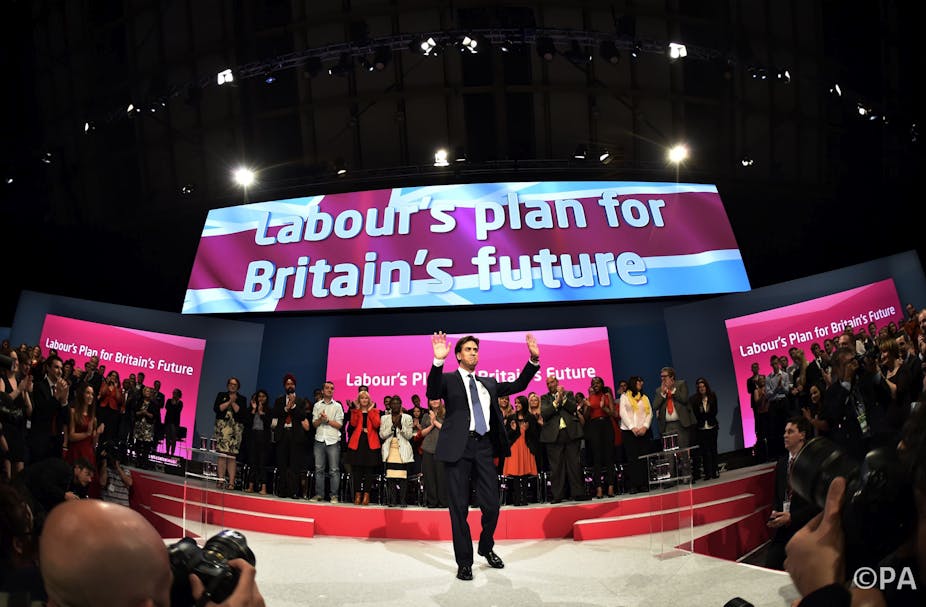In his speech to the Labour conference, Ed Miliband said the UK voting age should be lowered to give 16 and 17-year olds the chance to participate. Extending the franchise to young people is a very positive step and should be supported by all parties, although there is a risk that if this policy gets jumbled up in post-referendum negotiations on the constitution, young people might never make it to the polling station.
His point couldn’t have been made at a better time. The Scottish independence referendum led to a polarisation of views between the Yes and No camps, but there is little disagreement that the campaign was a boon for democratic participation. Turnout was much higher than regular elections – although lower than some predictions – and the franchise was extended to 16 and 17 year olds for the first time. We will have to wait some time for precise, age-based turnout figures, but reports suggested this group of young voters participated with great enthusiasm.
Ed Miliband had already backed the idea of reducing the voting age to 16 in his 2013 conference speech, so he cannot be accused of jumping on the bandwagon. But his repeated commitment, also shared by the Liberal Democrats, Green Party and Scottish National Party, suggests that this proposal is increasingly likely to see the light of day.
And so it should. There will of course be some accusations that politicians are looking for partisan gain by backing the change but there isn’t any evidence to suggest younger voters would swing elections in favour of any particular party.
One of the arguments made by those opposed to votes at 16 is that the change will not necessarily have a significant effect on political engagement. The evidence so far suggests otherwise. In Austria, where the voting age has already been lowered, 16 and 17-year olds participate in higher numbers than first-time voters from older age groups.
This alone should make us welcome the change but we should also recognise that the effect is not huge. There are complex causes of political disengagement, for all age groups. Extending the franchise has the potential to help address this problem but not without wider changes.
It is also important to remember that politics won’t always be as exciting as the independence referendum. Occasionally, a close general election can generate the same level of media and public interest but these are not very common. Most other elections, especially at the local level, fail to reach those heights. With all the changes young adults tend to experience in their lives – moving home, going to university, getting a job, beginning new relationships – it is little wonder politics fails to captivate them.
But this is actually one of the best arguments in favour of lowering the voting age. People who live in settled communities are more likely to participate in democracy. Electoral Commission research into registration rates by length of residency at the same address suggests as much. Most 16 and 17 year olds still tend to live relatively settled lives, at their parental home, so are more likely to be receptive to efforts to engage them.
What is new about this latest call for votes at 16 is that the change now seems to be connected with the proposal for a constitutional convention, which could mean it is overlooked amid other debates. What was a relatively straightforward decision may become mixed up in a long and complicated process and have less chance of becoming a reality. To take another example, if lowering the voting age is dependent on also introducing long-delayed reform of the House of Lords, the prospects do not look good.

